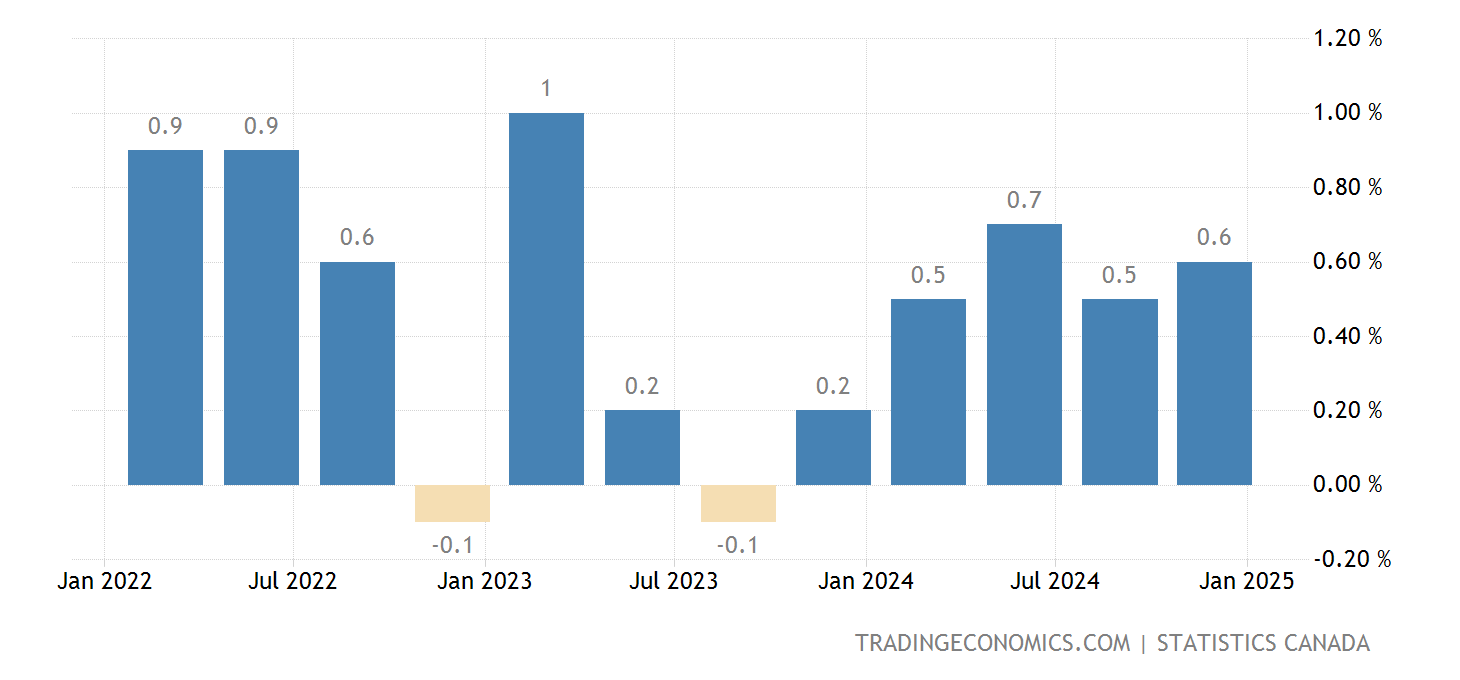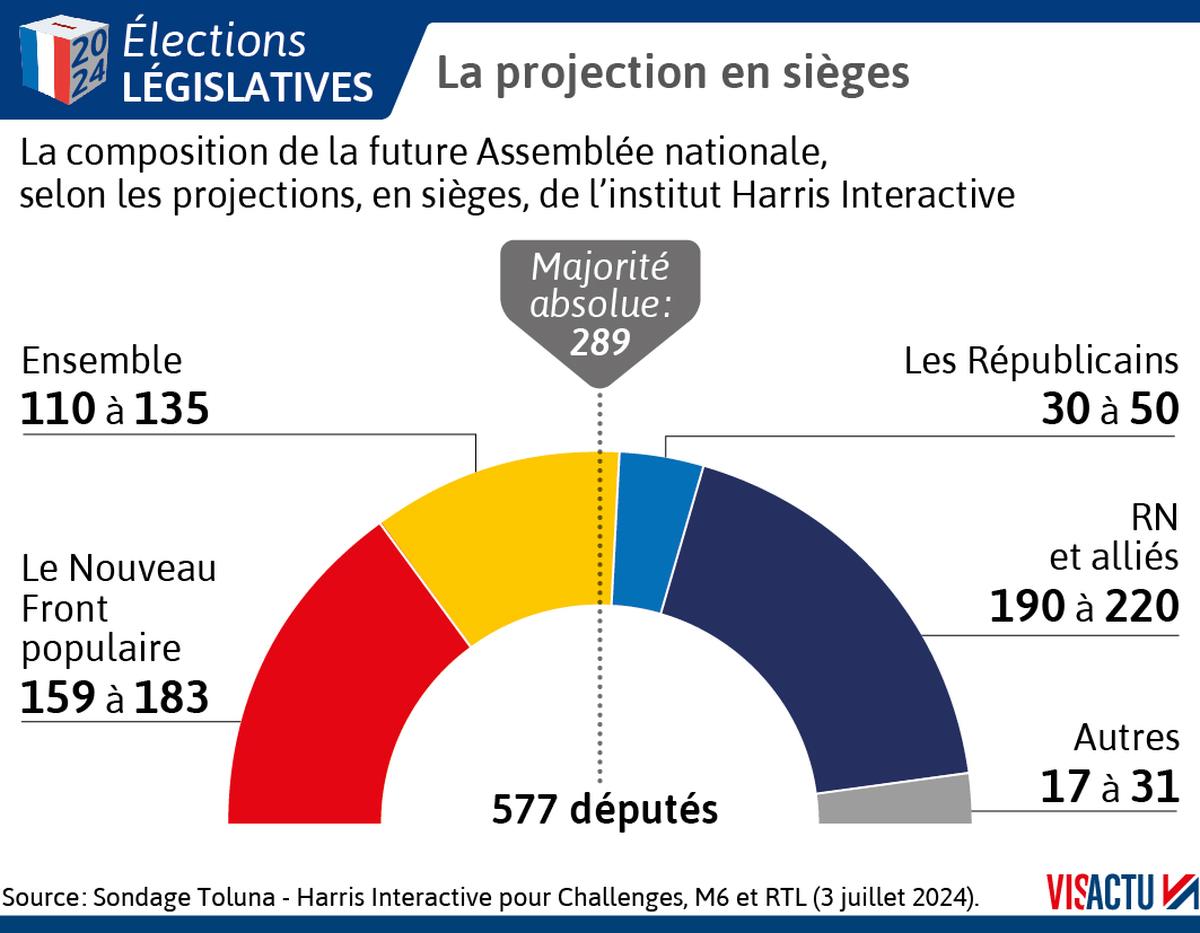Electric Vehicle Mandates Face Renewed Resistance From Car Dealerships

Table of Contents
The push towards electric vehicles (EVs) is accelerating globally, driven by environmental concerns and increasingly stringent government regulations. However, this rapid transition is encountering significant headwinds, with electric vehicle mandates facing renewed resistance from car dealerships. This pushback isn't simply about resisting change; it stems from a complex web of financial anxieties, market uncertainties, and the fundamental disruption of long-established business models. Understanding these concerns is crucial for navigating the path towards widespread EV adoption.
Financial Concerns Fueling Dealer Opposition
The shift to an EV-centric market demands substantial financial investment from dealerships, creating significant challenges.
-
Investment Costs in EV Infrastructure and Training: Dealerships face high upfront costs associated with installing charging stations, a critical element for both servicing and showcasing EVs to potential customers. Moreover, specialized training for technicians to handle the unique repair and maintenance needs of electric vehicles is essential, adding to the financial burden. The return on these investments remains uncertain, particularly given the evolving nature of the EV market and potential fluctuations in demand.
-
Reduced Profit Margins on EVs Compared to ICE Vehicles: A key concern for dealers is the perception of lower profit margins on EV sales compared to traditional internal combustion engine (ICE) vehicles. Factors contributing to this include potentially lower service revenue from EVs, which require less frequent maintenance, and the possibility of increased warranty claims and repair costs associated with new technology. This financial squeeze significantly impacts existing inventory management and sales strategies, forcing dealerships to adapt.
Concerns Regarding Consumer Demand and Market Readiness
Even with government incentives and growing environmental awareness, several hurdles impede widespread EV adoption.
-
Range Anxiety and Charging Infrastructure Gaps: Range anxiety, the fear of running out of battery charge, remains a major barrier for potential EV buyers. The current lack of widespread and reliable public charging infrastructure, particularly in rural areas, exacerbates this problem. Consumers need confidence in the availability of charging options before fully embracing EVs.
-
Lack of Consumer Awareness and Education Regarding EVs: Addressing misconceptions and building consumer confidence is paramount. Many potential buyers remain unaware of the full benefits of EVs, including lower running costs and reduced environmental impact. Targeted education campaigns and clear communication are vital to promoting EV adoption and overcoming consumer resistance.
The Impact of EV Mandates on Dealers' Business Models
Electric vehicle mandates are forcing a rapid and significant transformation of the established business models of car dealerships.
-
Inventory Management Challenges: Balancing EV inventory with traditional ICE vehicles requires new and sophisticated strategies. Accurately predicting EV demand is challenging, and miscalculations can lead to overstocking, tying up capital and potentially resulting in substantial losses. Effective inventory management systems are crucial for success in this transitioning market.
-
Changes to Sales and Service Processes: The transition to EVs demands significant changes to sales and service processes. Sales staff require training to effectively communicate the benefits of EVs and address consumer concerns. Service departments need investment in specialized tools and diagnostic equipment for EV repair and maintenance. This necessitates substantial retraining and potentially significant capital expenditure.
Conclusion: Navigating the Challenges of Electric Vehicle Mandates
The transition to a predominantly electric vehicle market is undeniable, but the concerns raised by car dealerships are legitimate and must be addressed. Open dialogue between policymakers, manufacturers, and dealerships is crucial for finding solutions that support both the environmental goals of electric vehicle mandates and the economic viability of dealerships. Addressing the financial concerns, enhancing charging infrastructure, and proactively educating consumers are essential steps to ensuring a successful and smooth transition to an electric future. Failure to do so risks slowing the adoption of EVs and negatively impacting the entire automotive industry. Let's work together to navigate the challenges of electric vehicle mandates and foster a sustainable and thriving automotive sector.

Featured Posts
-
 Daisy May Cooper Admits To Theft Lost Previous Job
May 03, 2025
Daisy May Cooper Admits To Theft Lost Previous Job
May 03, 2025 -
 Chinese Ships Near Sydney Increased Presence Prompts Australian Caution
May 03, 2025
Chinese Ships Near Sydney Increased Presence Prompts Australian Caution
May 03, 2025 -
 Ultra Low Growth Forecast For Canada Implications For The Economy
May 03, 2025
Ultra Low Growth Forecast For Canada Implications For The Economy
May 03, 2025 -
 Tributes Pour In Manchester United And Bayern Munich Remember Poppy Atkinson
May 03, 2025
Tributes Pour In Manchester United And Bayern Munich Remember Poppy Atkinson
May 03, 2025 -
 Reform Party Gains Ground As Labour Councillor Defects
May 03, 2025
Reform Party Gains Ground As Labour Councillor Defects
May 03, 2025
Latest Posts
-
 Sistema Penitenciario Moderniza Su Flota Con 7 Vehiculos Nuevos
May 03, 2025
Sistema Penitenciario Moderniza Su Flota Con 7 Vehiculos Nuevos
May 03, 2025 -
 Reforme Des Partis Politiques En Algerie Analyse Des Positions Du Pt Ffs Rcd Et Jil Jadid
May 03, 2025
Reforme Des Partis Politiques En Algerie Analyse Des Positions Du Pt Ffs Rcd Et Jil Jadid
May 03, 2025 -
 Ampliacion De Flota 7 Vehiculos Para El Sistema Penitenciario
May 03, 2025
Ampliacion De Flota 7 Vehiculos Para El Sistema Penitenciario
May 03, 2025 -
 Entrega De 7 Vehiculos Al Sistema Penitenciario Mayor Eficiencia
May 03, 2025
Entrega De 7 Vehiculos Al Sistema Penitenciario Mayor Eficiencia
May 03, 2025 -
 7 Nuevos Vehiculos Mejoran La Operatividad Del Sistema Penitenciario
May 03, 2025
7 Nuevos Vehiculos Mejoran La Operatividad Del Sistema Penitenciario
May 03, 2025
